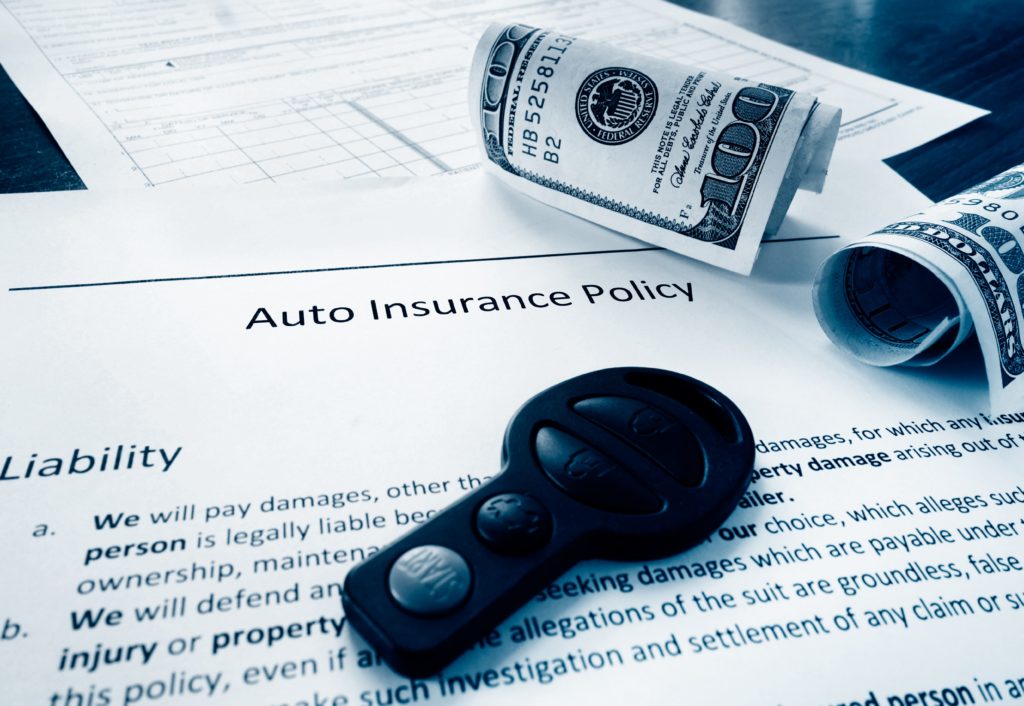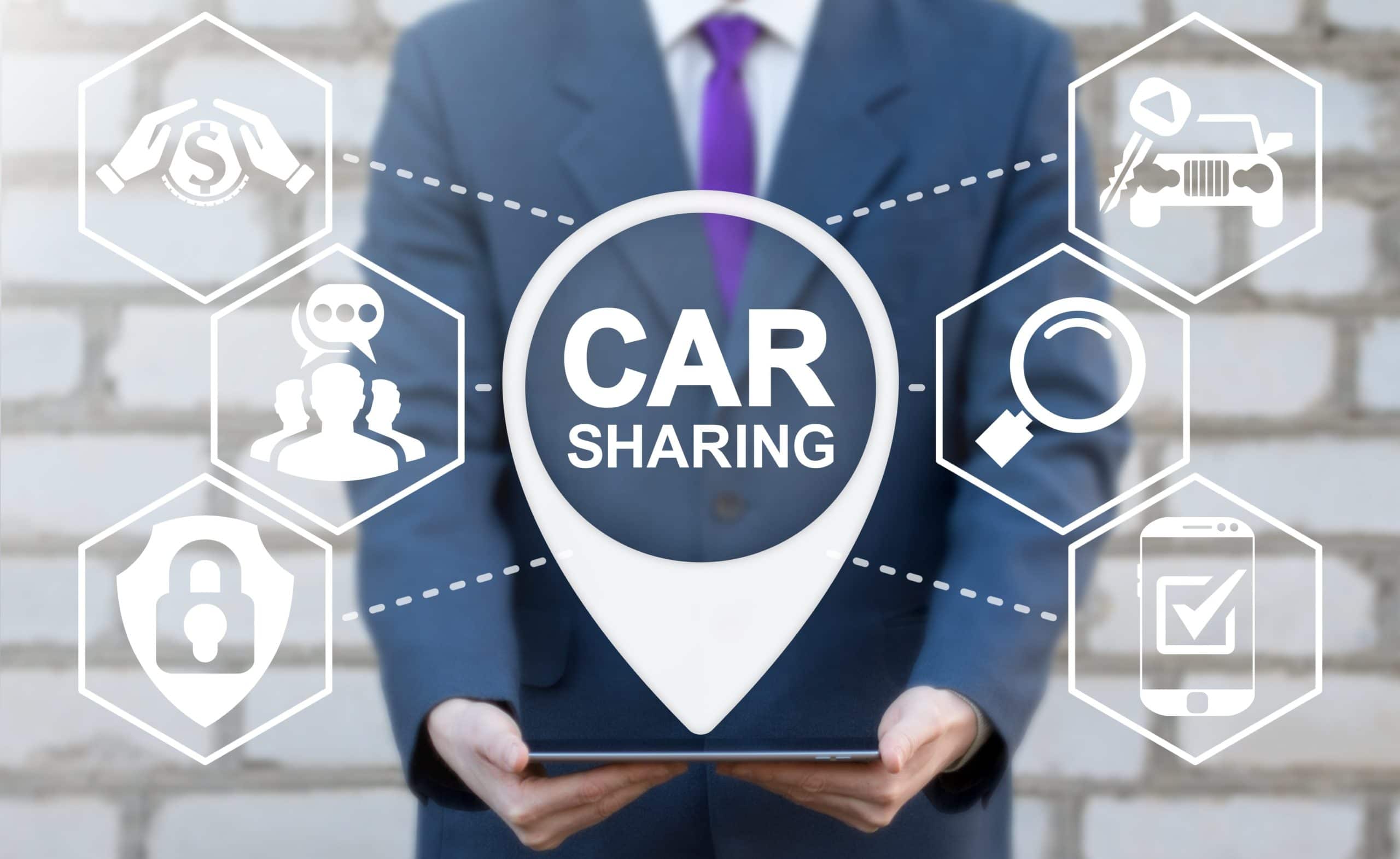The emergence of companies such as Lyft and Uber have given drivers all over the country a new way to make a living or boost their current income. That also means more people are now in need of California rideshare insurance.
Even if you’re not the one who’s personally interested in being a rideshare driver, there’s a decent chance you know someone who is.
Before deciding for yourself if you want to be a rideshare driver, you should know what kind of position you could potentially put yourself in from an insurance standpoint. Moving forward with your plans to be a rideshare driver without fully understanding some of the risks that come with it is unwise.
Learn more about how rideshare companies cover their drivers and whether the coverage they offer is enough for you.
What Kind Of Insurance Do Rideshare Drivers Need?
The most important thing you should know about the kind of insurance rideshare drivers typically have is that they typically lean on more than one policy. Unlike owners of private vehicles, rideshare drivers can’t go on the road with only their personal auto insurance policy.
It’s true that you will need a personal policy to adequately shield yourself from the possibility of being bankrupted by a car accident, but that’s not enough.
Due to the way ridesharing works, you also need insurance by the companies you are driving for. They provide their own insurance plans to their drivers.
Crucially though, those plans don’t cover everything. There are some noticeable gaps in their coverage. If you’re unlucky, you could find yourself buried in bills you can’t afford all due to a poorly timed accident.
Those gaps in the coverage given by the rideshare companies are why drivers usually want to have coverage with more than one insurance plan.
We’ll get into what that supplemental insurance plan is, but before doing so, let’s take the time to learn more about the actual plans offered by rideshare companies such as Lyft and Uber.
What Kind Of Insurance Do Drivers Receive From Lyft And Uber?
Though Lyft and Uber are in direct competition with one another, insurance is one area in which they are on the same page. The insurance policies they provide to their drivers don’t differ much from each other.
Another interesting thing to point out about these insurance policies is that the type of coverage they offer morphs depending on the situation.
First off, let’s clarify when drivers do not have coverage by the policies of the rideshare companies. When the app is off, the driver is not covered by the plan provided by the rideshare company. As far as the ridesharing companies are concerned, the drivers are on their own as long as the app is not currently operating.
This is why we noted earlier that rideshare drivers still need their own personal auto insurance policy.
So, when does the rideshare company’s insurance policy take effect?
It starts to provide coverage as soon as the driver turns the app on and logs in, but there is a caveat to point out here. The amount of coverage you can potentially receive from the plan varies depending on certain factors.

Insurance Coverage When The App Is Active And Driver Is Waiting For A Booking
If the app is already active and you’re waiting for a passenger to book a ride, you are getting third-party liability courtesy of the insurance plan provided by either Lyft or Uber.
You may still be driving around as you’re waiting for a passenger at this point.
The plan from the ridesharing company will make up to $25,000 available per accident for potential property damage. $50,000 per person will be available if the accident the rideshare driver gets into causes bodily injury. Finally, the plan allots $100,000 per accident for bodily injury.
Also, note that both Lyft and Uber’s insurance policy will only take effect if the auto insurance policy you have does not cover completely for the accident.
The dollar amounts included in the insurance policies aren’t that big, but you probably figure they are enough as long as the accident that takes place is a minor one. You may be in for quite a surprise in that case.
The Downsides Of Lyft And Uber’s Limited Insurance Plans
A harsh reality you need to acknowledge if you’re driving for either Lyft or Uber is that there’s a good chance you can’t take full advantage of their coverage. If you get into an accident as you’re waiting for a booking, don’t expect either Lyft or Uber to cover for you without issue.
There are terms in those insurance plans that can catch you off guard and leave you in a compromised position.
Limits Imposed On How Much Victims May Receive Regardless Of Their Injuries
Note the $50,000 and $100,000 limits for how much those plans can payout to injured individuals. While yes, those amounts can cover a significant amount of medical expenses, they are still severely limited.
Regardless of how many injured people are in one accident, the plans will not pay any more than $100,000. That could lead to some people receiving inadequate treatment.
Rideshare Driver’s Injuries Are Not Covered
Of potentially greater concern to the drivers is that their ridesharing company’s plan doesn’t even cover them specifically. If they end up injured, they must come up with some other way to pay for their medical bills.
They Do Not Cover Damages To The Rideshare Driver’s Car
The insurance plans offered by Lyft and Uber are similarly lacking when it comes to potential damage to the driver’s car. The plan may pay for the damages sustained by the other driver’s car, but not your own.
The Rideshare Driver’s Insurance Plan Must Be Triggered First
Finding out they won’t cover you isn’t even the worst part of this whole thing.
Because of the way their plan works, you can only use them once you use your own auto insurance policy first. The catch here is that most auto insurance plans don’t cover for commercial usage of your car.
What that means is that once you file your claim, you are effectively giving your insurance provider a reason to cancel your policy. Sure, the plans you’re getting from the ridesharing companies can provide a decent amount of coverage for the others involved in the accident, but you could be left completely vulnerable.
You May Still Be Sued For Additional Compensation
One more thing, if your policy and the ridesharing company’s plan are still not enough to cover the damages, the people affected can still sue you as they seek further compensation.
The solution to that issue is to get something like a rideshare endorsement from your insurance provider or perhaps commercial insurance. It’s good that you still have options to use to protect yourself better, but the downside is you now have a new expense to worry about.
Insurance Coverage When App Is Active And Driver Is Either Heading To A Passenger Or Transporting A Passenger
Now, let’s talk about what happens if you get into an accident when you either already have a passenger in the car or you’re about to pick up a passenger.
Both Lyft and Uber really ramp up their liability coverage this time around. The insurance plan can now pay up to $1,000,000.
The insurance plan will cover any injured passengers caused by the rideshare driver. Other people who were hit by the rideshare driver will also receive compensation for any injuries they sustain.
They will similarly account for damages to any vehicle or vehicles caused by the rideshare driver’s car to the insurance plans offered by Lyft and Uber.
This form of the ridesharing companies’ insurance plans is certainly more generous, but again, there’s no guarantee they will access it in the aftermath of an accident.
Yet again, those insurance plans will only take effect once they discover the rideshare driver’s own policy is not enough to cover the damages. If the rideshare driver cancels their personal auto insurance plan, the plans from Lyft and Uber can step in.
Unfortunately, your injuries still won’t be covered by the ridesharing companies’ plans.
Both Lyft and Uber are more willing to pay for damages that your car may sustain, though.
Provided that your policy is not enough to fully account for the cost of getting your car repaired, Lyft and Uber’s plans can step in and cover the excess amount. Neither company will pay that much, though. The limit they have set for their contingent comprehensive and collision policies is the actual cash value of your car.
You may still pay more if the damages to the vehicle are severe.
Notably, there are deductibles related to the contingent comprehensive and collision policies. Lyft’s plan has a $2,500 deductible, while Uber’s plan has a $1,000 deductible.

The Importance Of Rideshare Insurance
We touched on it a bit earlier, but if you don’t want to put yourself in a vulnerable position as either a Lyft or Uber driver, you do need an insurance plan that’s separate from what they offer. It can’t be your run of the mill auto insurance policy either as your provider may cancel it immediately upon learning you are using your vehicle for commercial purposes.
What you will need as a rideshare driver is rideshare insurance, although they also refer it to a rideshare endorsement.
The main purpose of rideshare insurance is to protect you when conventional auto insurance and the ridesharing company’s plan won’t.
It’s worth remembering that the ridesharing company’s plans only account for what happens to people aside from the driver. Meanwhile, the majority of conventional auto insurance policies don’t cover for commercial use of the vehicle.
With rideshare insurance, they protect you adequately if something goes wrong. Drivers should know they must purchase rideshare insurance along with the more traditional auto insurance plan. It’s to act as a supplemental item.
Rideshare insurance can prove helpful to you when you are still waiting for a booking, and you’re only driving around town.
How Do You Obtain Rideshare Insurance?
To purchase rideshare insurance, you must share some information with your provider. Details you need to provide include the make, model, and year of your car, copies of your driver’s license, vehicle registration, and vehicle title as well as other related info to the job you are taking on. They may ask you to state which ridesharing company you will work for.
They may also ask drivers to share the policy number of their existing auto insurance policy.
Oh, and you must purchase the rideshare insurance from the same company you purchased the auto insurance policy from. If the company you’re with does not offer companion rideshare insurance for their auto insurance plans, you may need to go elsewhere.
Are There Other Benefits You Can Receive From Your Rideshare Insurance Plan?
Complete coverage is what you’re seeking from your rideshare insurance, but you can receive other benefits from it. Some companies may offer roadside assistance as a perk of purchasing their ridesharing insurance, and you may be in line to receive some discounts too.
Are There Alternatives To Rideshare Insurance?
There are places where you may obtain rideshare insurance. If you are still looking to be a rideshare driver, your only real alternative then is to purchase commercial insurance.
You’ll receive plenty of coverage from a commercial insurance plan, but the higher price tag is also going to put a bigger dent in your bank account.
Contact Your Lawyer To Get Insurance Companies To Pay
Dealing with insurance companies is not always a pleasant experience. That’s true even if you’ve been a loyal customer who always pays on time.
To make sure that insurance providers and even the ridesharing companies themselves don’t take unfair advantage of you, get in touch with an experienced lawyer now. Reach out to Quirk Reed and allow them to handle those stressful matters.

